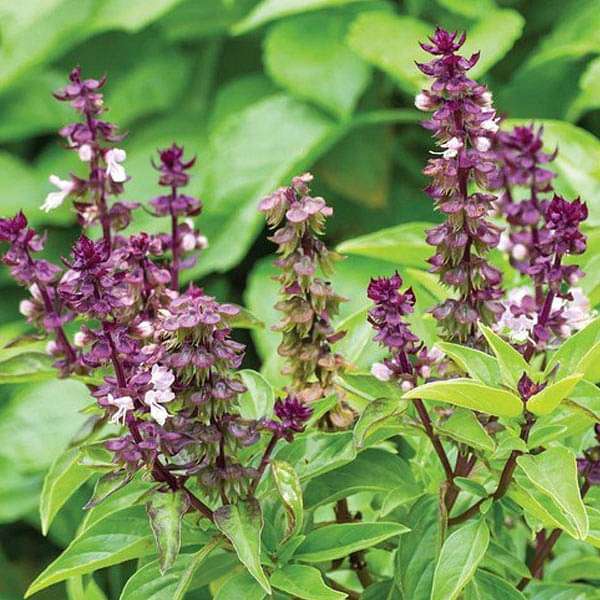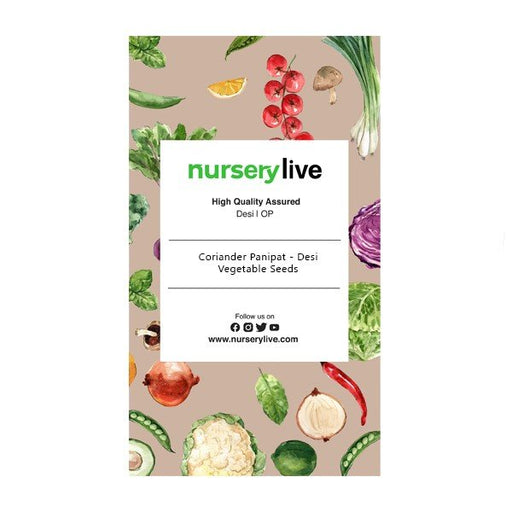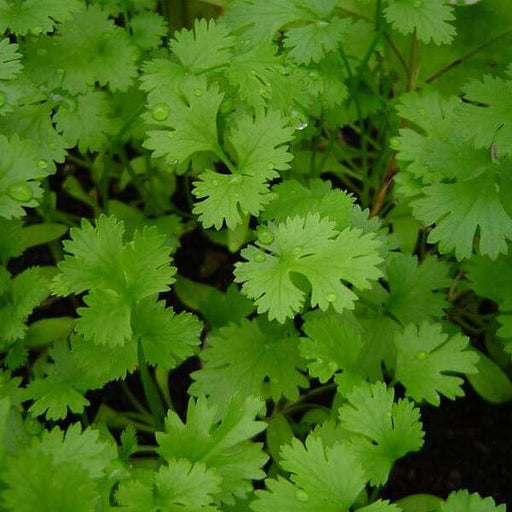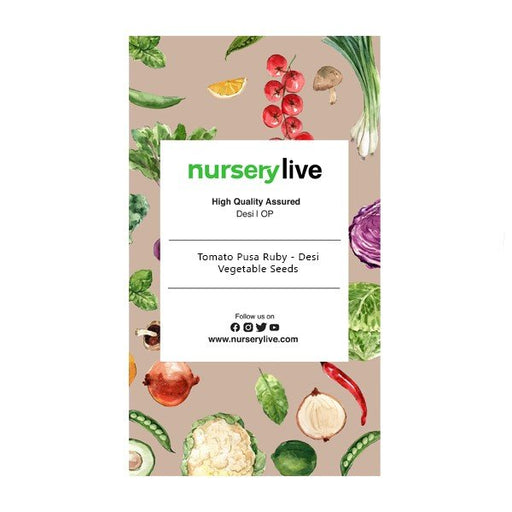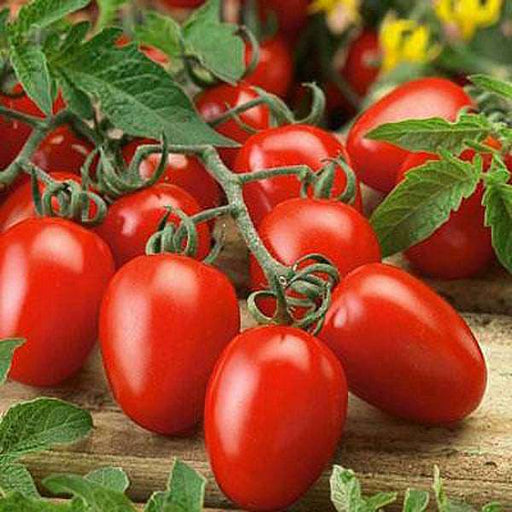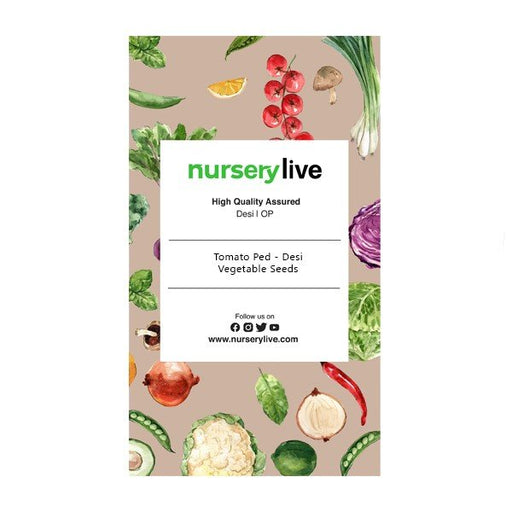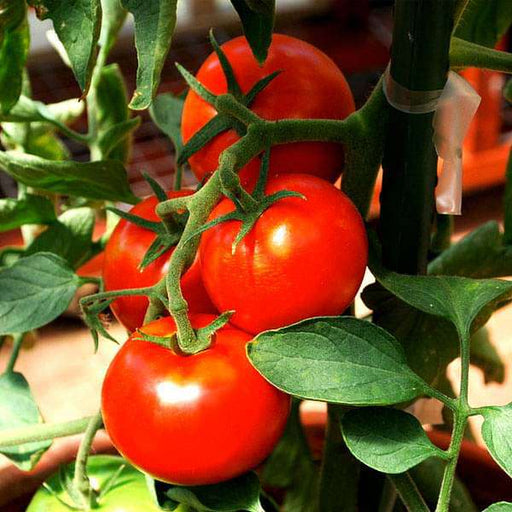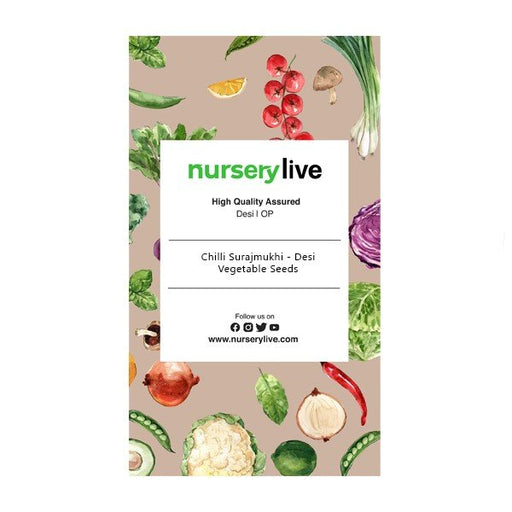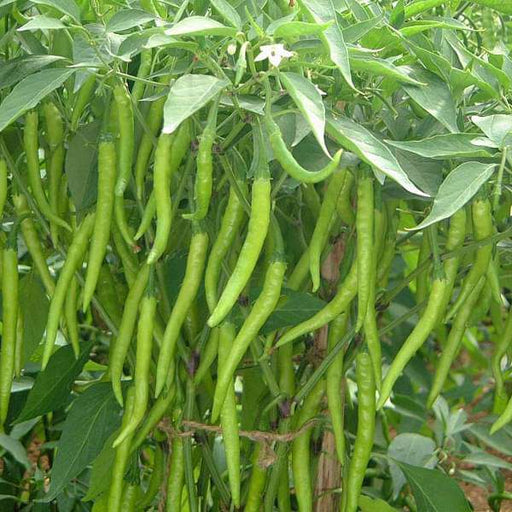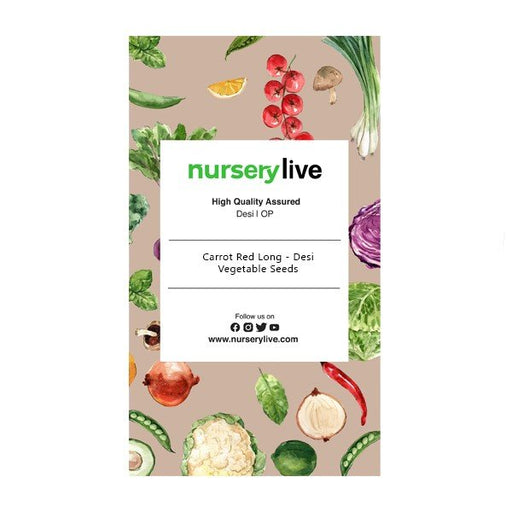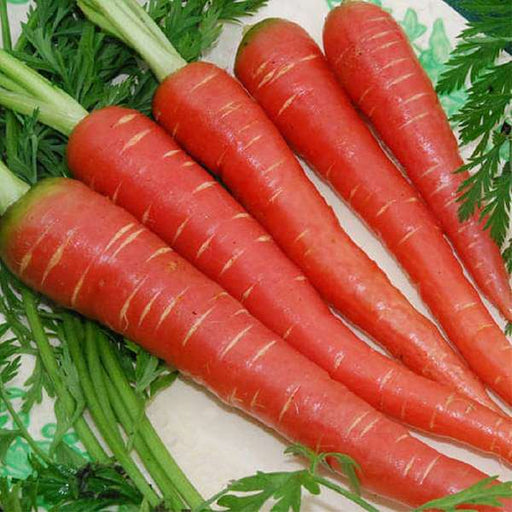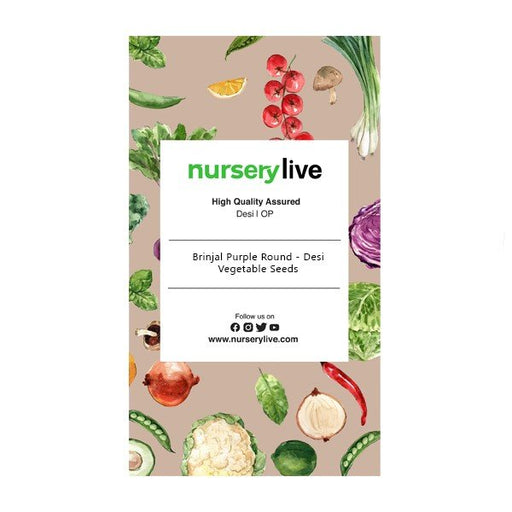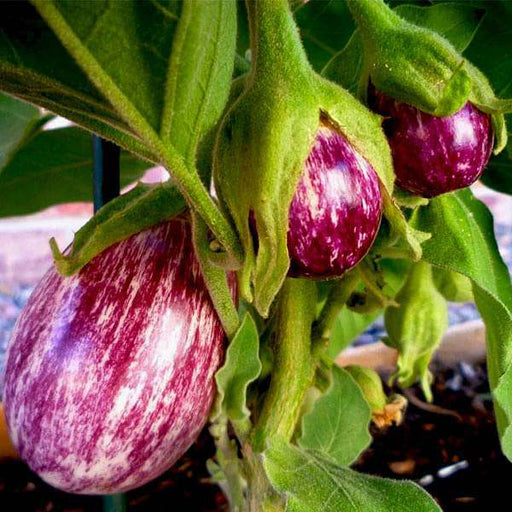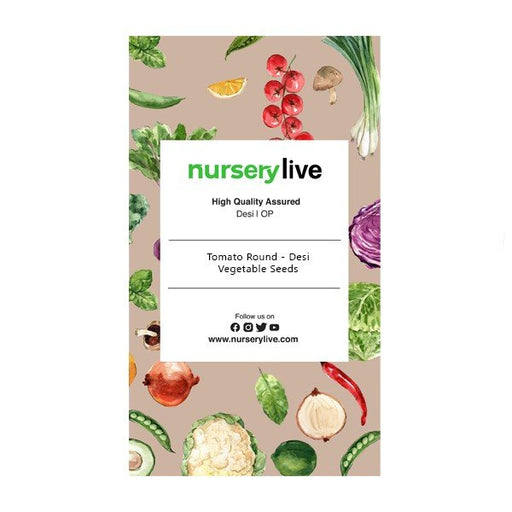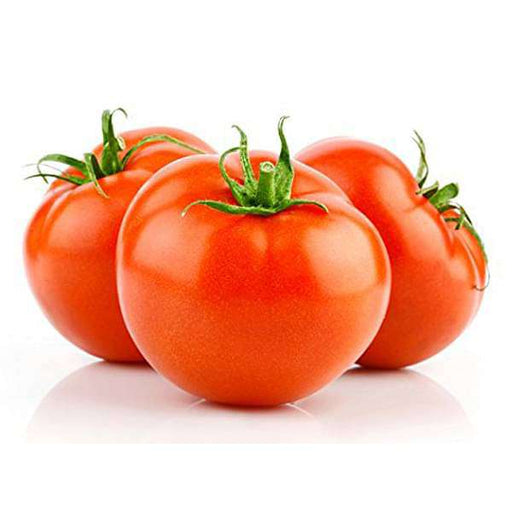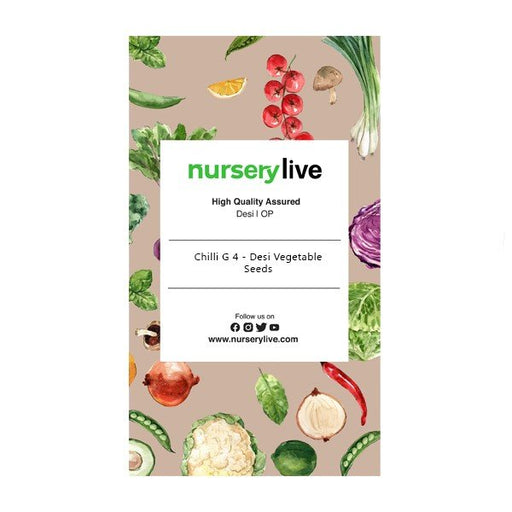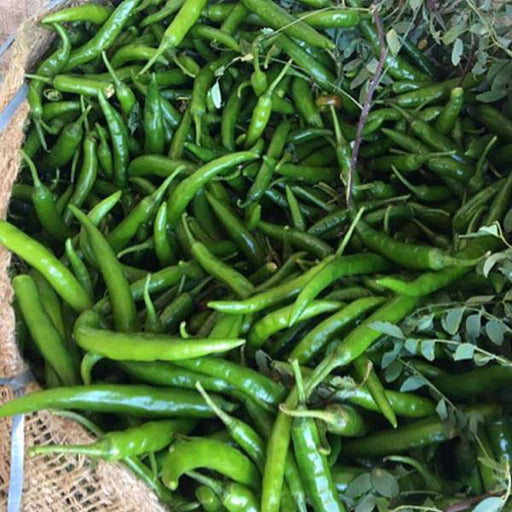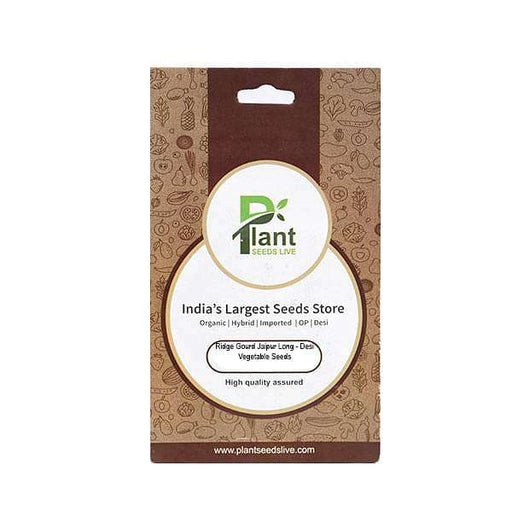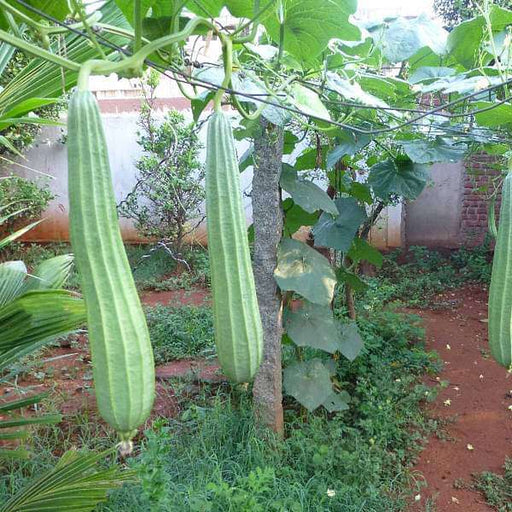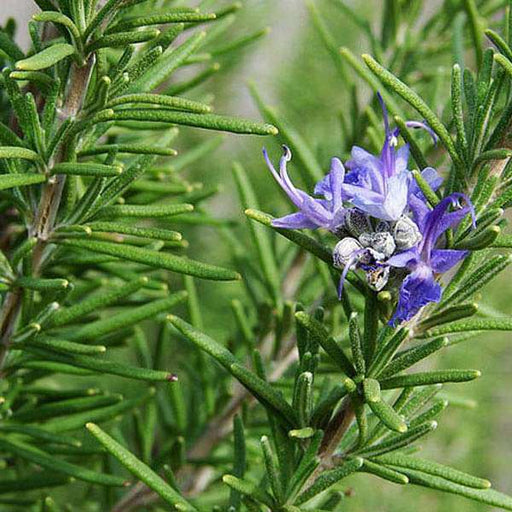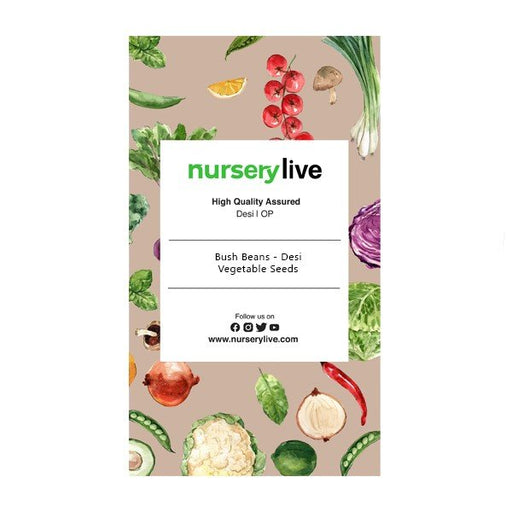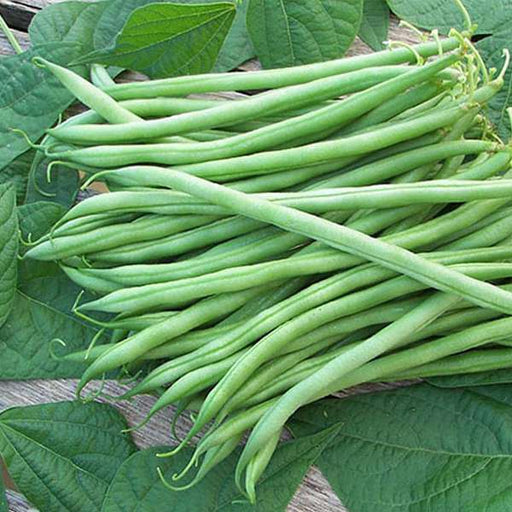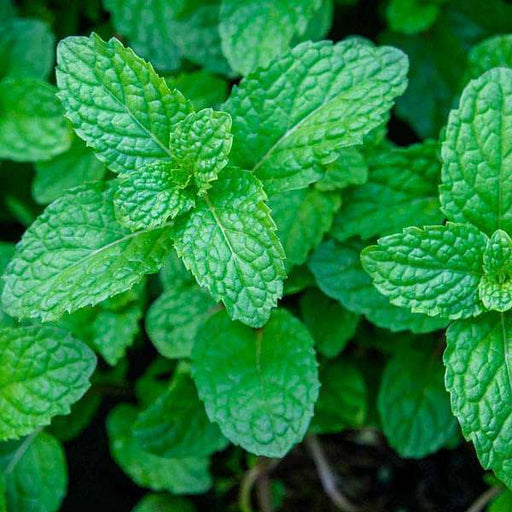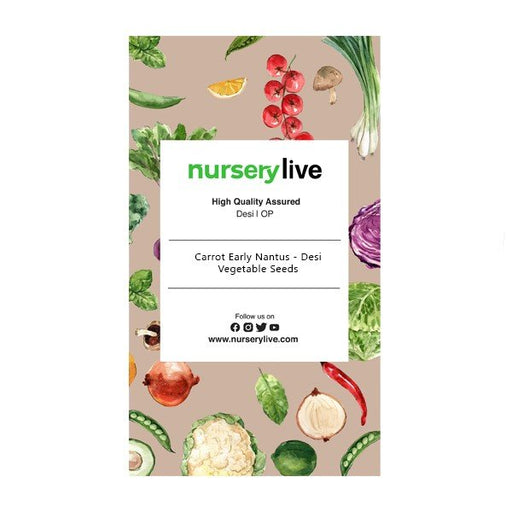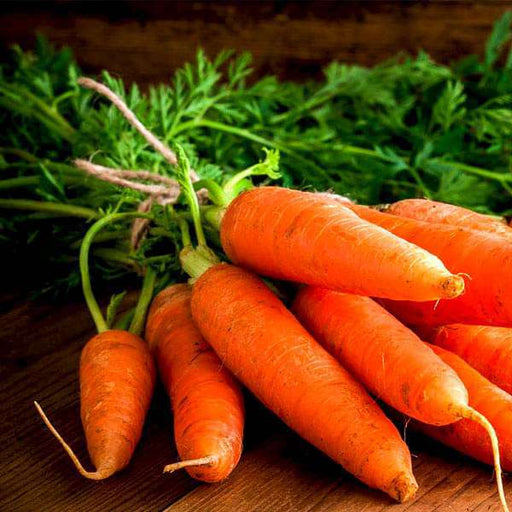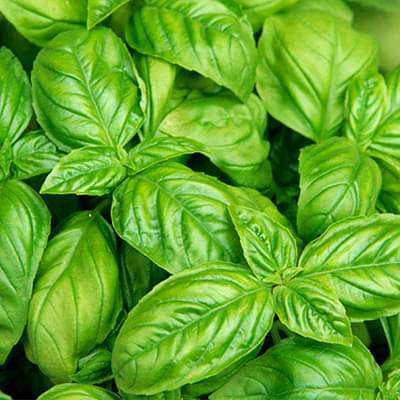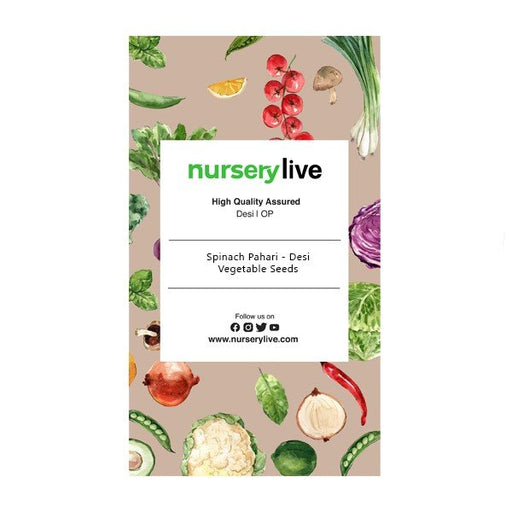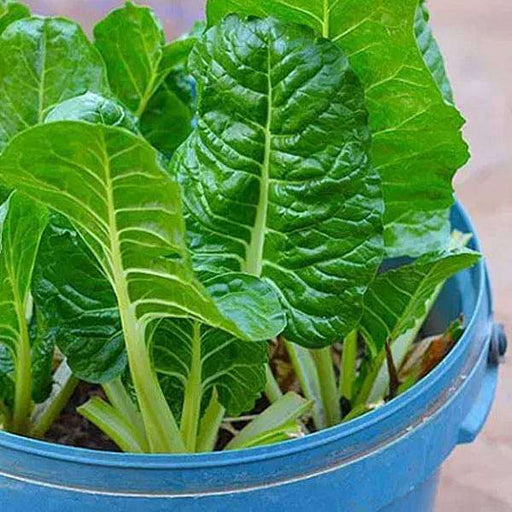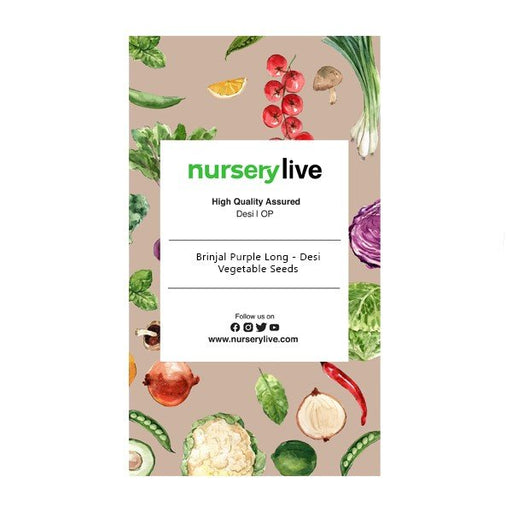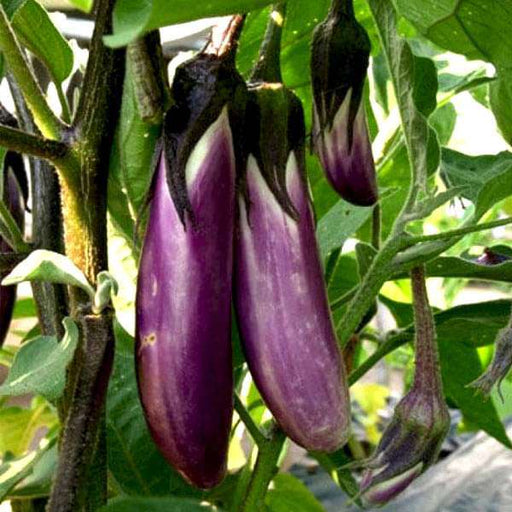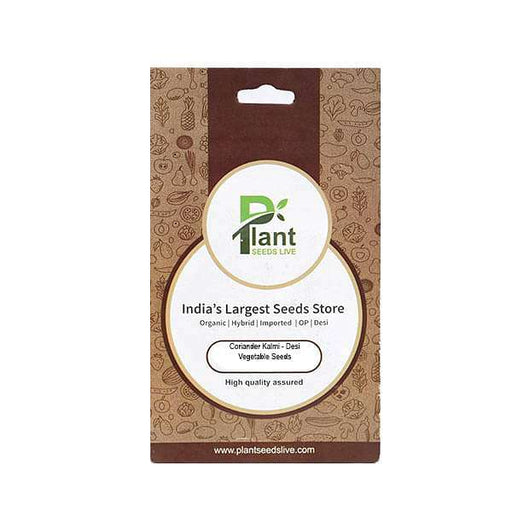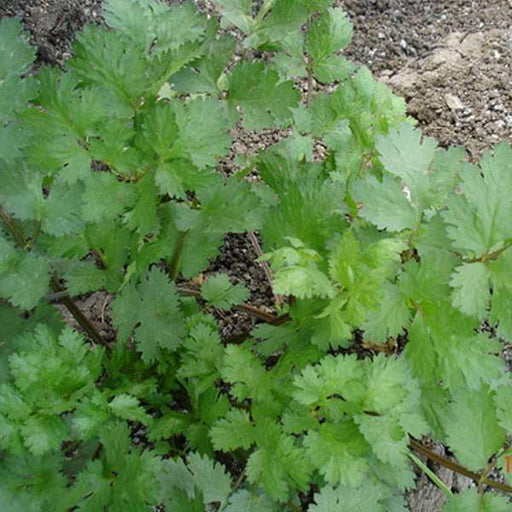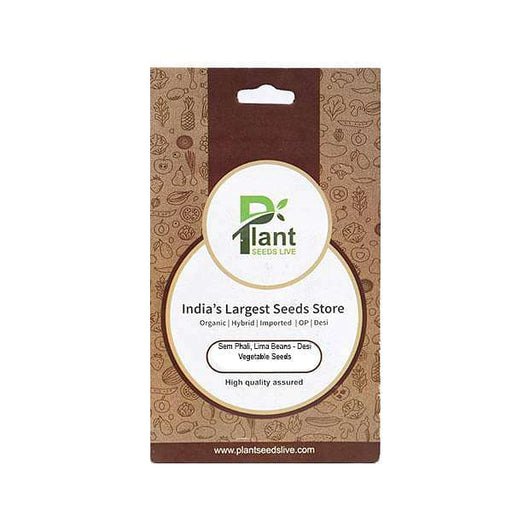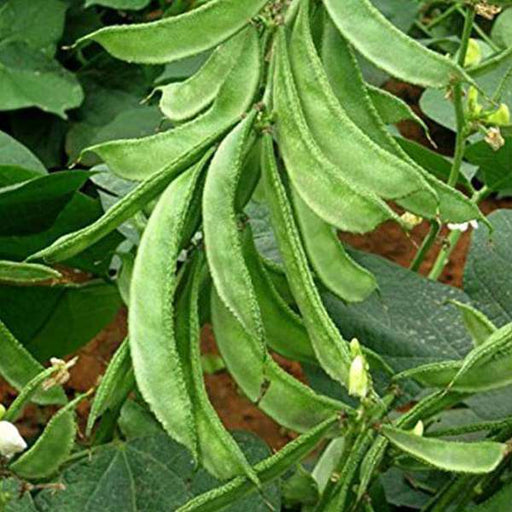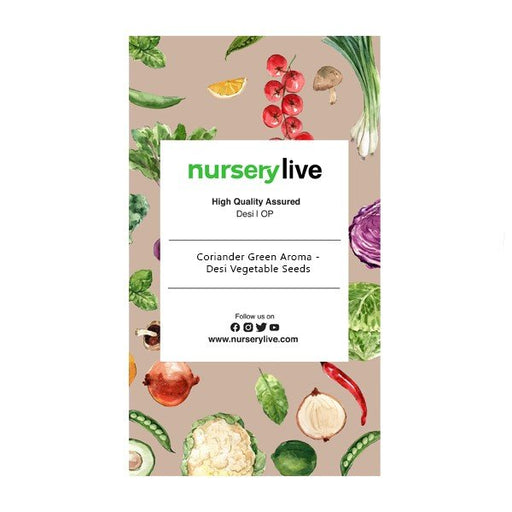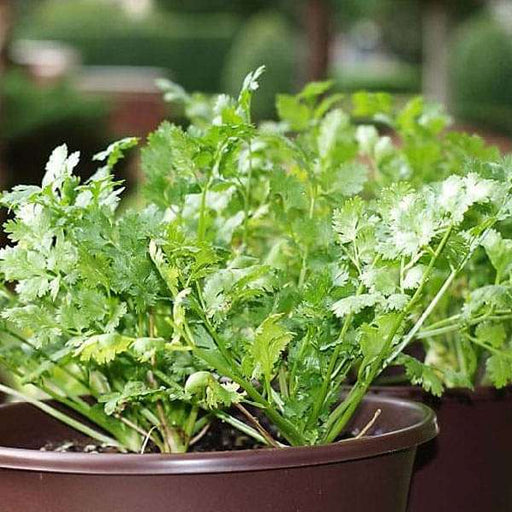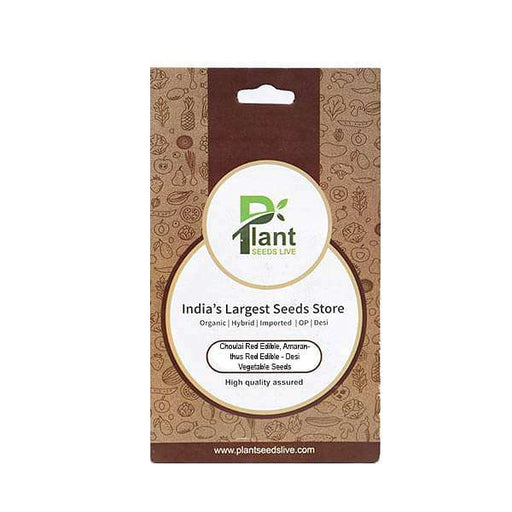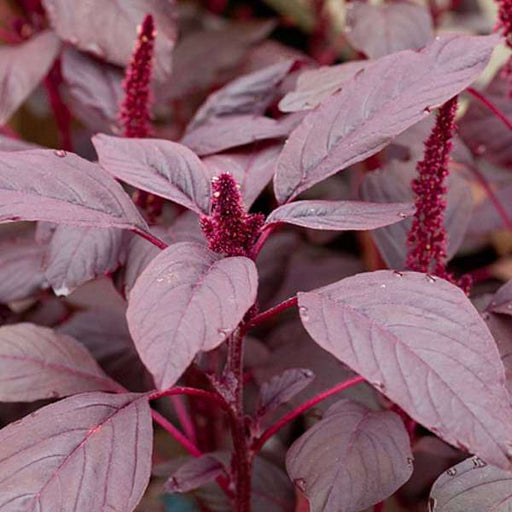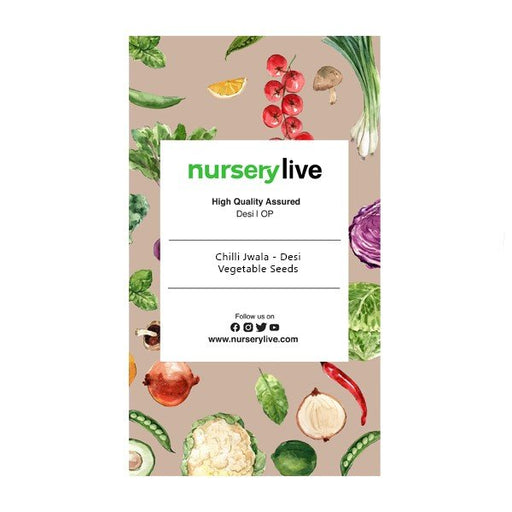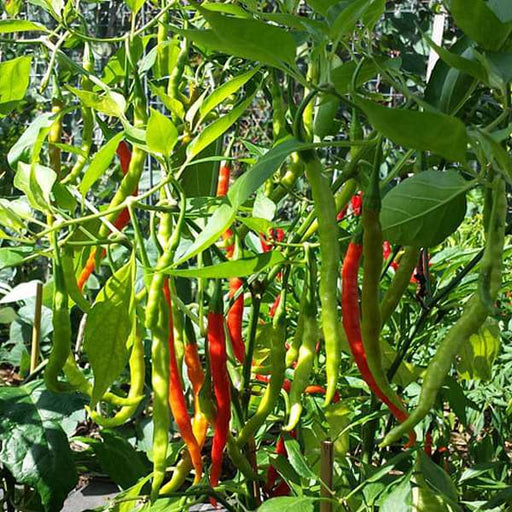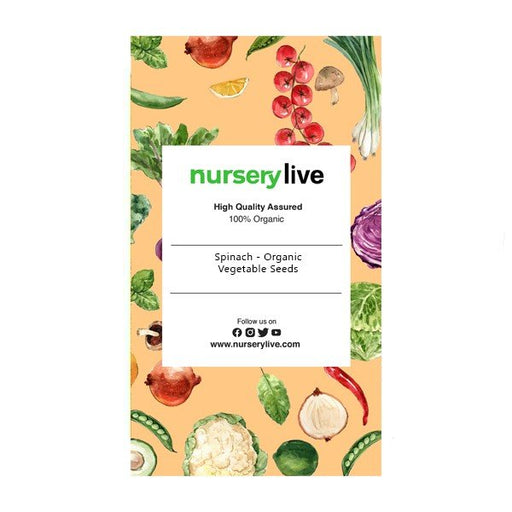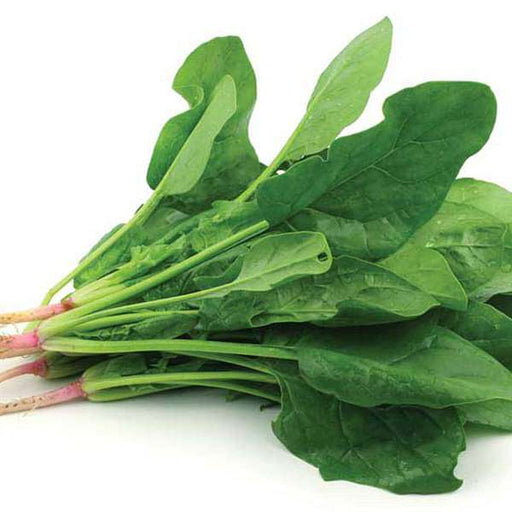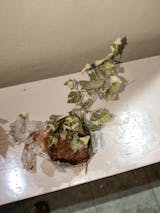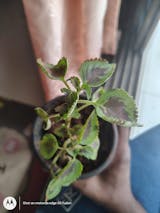Summer Sowing Vegetable Herb Seeds Basil Seeds
The king of herbs thrives in summer, filling your garden with a delightful aroma. Whether in pasta, pesto, or a refreshing summer drink, fresh basil makes everything taste better.
Summer Sowing Vegetable Herb Seeds Coriander Seeds
A kitchen essential that loves the warm sun! Coriander grows quickly, adding fresh flavor to salads, curries, and chutneys. Plus, it doubles as a natural detox.
Summer Sowing Vegetable Herb Seeds Mint Seeds
Nothing beats the refreshing kick of homegrown mint in iced teas and coolers. It grows like a champ in summer, making it a must-have for every herb garden.
Summer Sowing Vegetable Herb Seeds Spinach Seeds
Summer-loving varieties of spinach grow fast and pack a punch of nutrition. Whether in smoothies or sautéed with garlic, fresh spinach from your garden is unbeatable.
Summer Sowing Vegetable Herb Seeds Lettuce Seeds
Beat the heat with homegrown, crisp lettuce. Perfect for salads, sandwiches, and wraps, this leafy green thrives in containers and keeps your meals light and fresh.
Summer Sowing Vegetable Herb Seeds Fenugreek (Methi) Seeds
they’re great for digestion and overall health.
Summer Sowing Vegetable Herb Seeds Dill Seeds
With its feathery leaves and tangy flavor, dill is a summer staple for pickles, dressings, and seafood dishes. Plus, it’s great for digestion and detoxification.
Summer Sowing Vegetable Herb Seeds Amaranthus Seeds
This vibrant leafy green is loaded with nutrients and loves the summer heat. Toss it in stir-fries or dals for a nutritious boost to your meals.
Summer Sowing Vegetable Herb Seeds Chives Seeds
The perfect herb for those who love mild onion flavors without tears. Chives grow effortlessly in summer and add a burst of freshness to soups, eggs, and dips.
Summer Sowing Vegetable Herb Seeds Celery Seeds
A summer-friendly herb that elevates juices, soups, and salads. Celery is a powerhouse of hydration, making it an ideal choice for hot weather gardens.
Summer Sowing Vegetable Herb Seeds Oregano Seeds
The secret ingredient to summer pizzas and Mediterranean dishes. This hardy herb thrives in warm conditions, adding bold, earthy flavor to your kitchen.
Summer Sowing Vegetable Herb Seeds Fennel Seeds
A licorice-flavored delight that grows beautifully in summer. Use fresh fennel in salads or let it flower for aromatic seeds that aid digestion.

